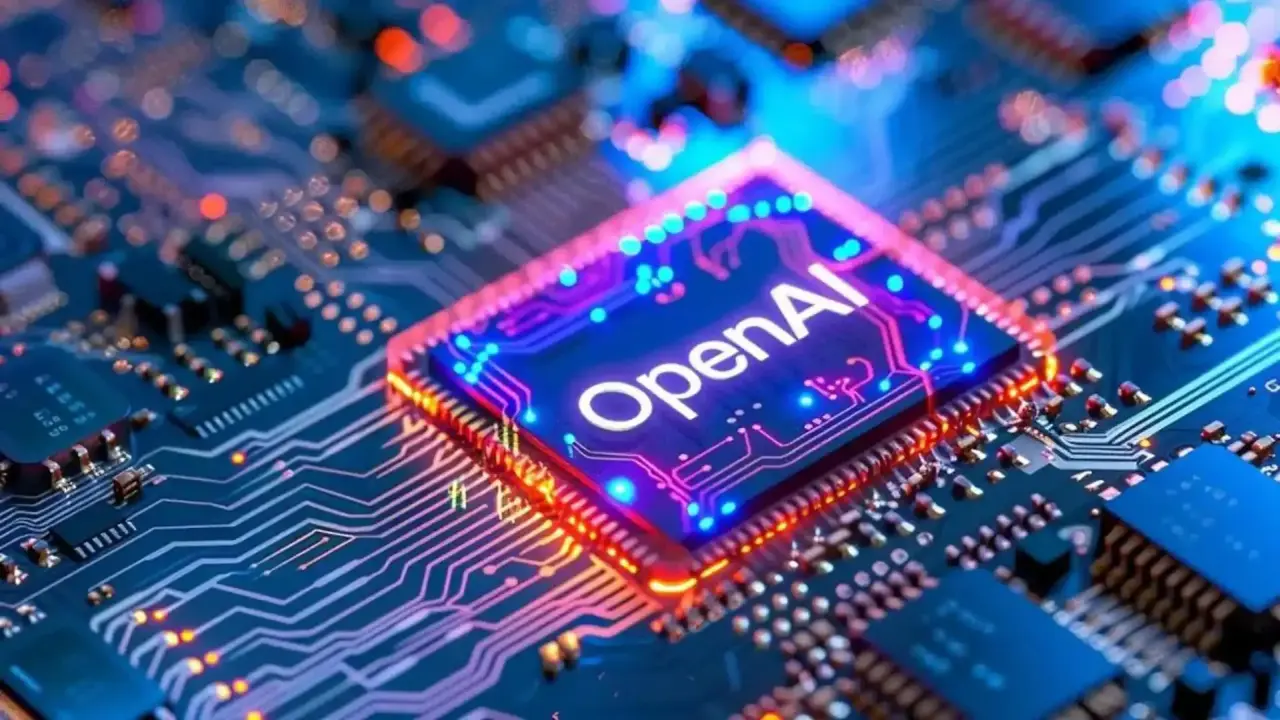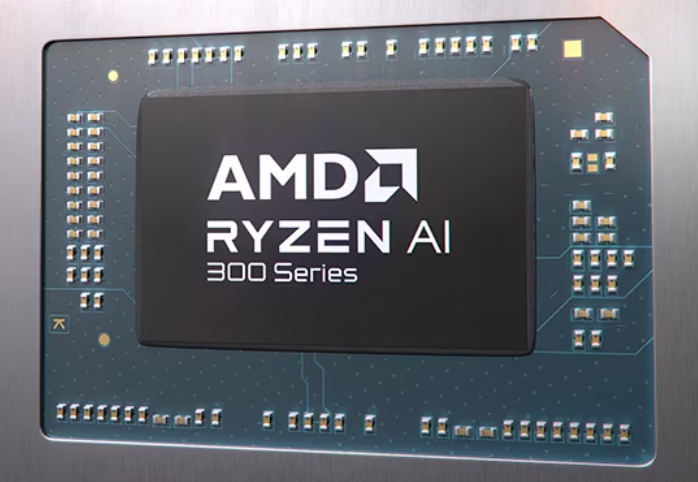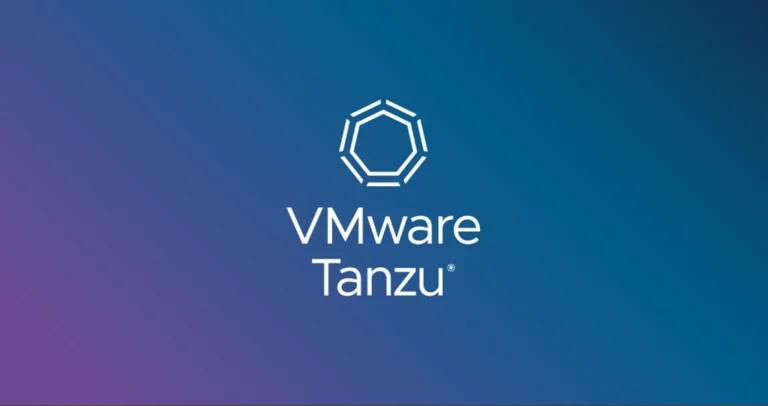Broadcom-OpenAI Partnership Shakes Up AI Chip Market, Impacting Nvidia’s Dominance in 2025

The semiconductor and artificial intelligence (AI) industries witnessed a significant shift as Broadcom announced a groundbreaking partnership with OpenAI to collaboratively design and produce an AI accelerator chip starting in 2026. This move has sent ripples throughout the tech sector, particularly affecting Nvidia, long regarded as the dominant player in the AI chip market. The implications for Nvidia’s share price, market valuation, and competitive landscape are profound, marking a new era in the AI hardware race.
Broadcom’s collaboration with OpenAI represents a strategic push into a highly lucrative segment traditionally led by Nvidia. The deal, valued at over $10 billion in orders, signifies OpenAI’s intent to diversify its AI chip supply and reduce dependency on Nvidia’s GPUs, which currently power much of its AI infrastructure. The chips co-designed with Broadcom are expected to be used initially for OpenAI’s internal operations before any potential broader application, signaling a tailored approach to meet OpenAI’s evolving computational demands.
The market reaction to this news was swift and clear. Broadcom’s stock surged dramatically, at one point jumping about 16% in trading and adding over $200 billion to its market value. In contrast, Nvidia’s shares dropped as much as 4.3% intraday, reflecting investor concerns about increased competition and potential erosion of Nvidia’s market share in AI hardware. This decline erased a portion of Nvidia’s gains and put the company’s historically notable $4 trillion market valuation at risk.
Several factors underpin the market’s response. Nvidia’s recent aggressive growth was partly driven by its leading position in providing graphics processing units (GPUs) essential for AI training and inference workloads. However, OpenAI’s decision to work with Broadcom to develop custom AI chips reveals a shift towards specialized, application-specific integrated circuits (ASICs) designed for optimal efficiency and performance tailored to OpenAI’s needs. This signals a possible trend among AI developers to seek diverse hardware solutions beyond Nvidia’s offerings, potentially fragmenting the market.
Broadcom’s CEO Hock Tan highlighted the significance of this new partnership during earnings calls, revealing that the deal represents “immediate and pretty substantial demand” in AI chip orders. He emphasized that Broadcom expects its AI-related revenue to grow significantly in fiscal 2026, accelerating beyond earlier projections of 50% to 60% growth to an even more substantial rate. This confidence was bolstered by Broadcom’s broader portfolio upgrades, including enhanced networking equipment that supports the high data transfer needs in AI data centers.
The competition from Broadcom also comes amid geopolitical headwinds and market concerns for Nvidia. Following strong but partially cautious earnings reports from Nvidia, there is growing anxiety around slowed sales growth in key regions such as China, a critical market for semiconductors. Meanwhile, Broadcom is gaining momentum by signing major customers, including Google, Meta, and possibly ByteDance, alongside OpenAI as newly confirmed clients for its custom AI chips.
OpenAI’s move is consistent with trends among other tech giants, including Google, Amazon, and Meta, which have all invested in developing proprietary chips to better control costs and optimize performance in AI workloads. By designing chips alongside Broadcom, OpenAI is not only pushing technological innovation but also challenging the prevailing reliance on Nvidia GPUs, which could reshape supplier dynamics in the AI ecosystem.
This partnership’s broader implications for the chip industry reflect the intensifying race to capture the growing demand for AI infrastructure. AI chip revenue is projected to expand dramatically in the coming years as companies invest billions in data centers and computational capacity to train increasingly complex AI models. Broadcom’s aggressive pursuit of this market and its success securing high-value orders position it as a formidable competitor to Nvidia.
Investors are interpreting Broadcom’s success and OpenAI’s initiative as signs of a maturing and diversifying AI silicon market, which might lead to a more balanced competitive landscape. While Nvidia maintains a strong position due to its longstanding expertise and extensive ecosystem, the emergence of bespoke AI chips designed for specific applications could reduce its dominance over time.
The Broadcom-OpenAI partnership marks a pivotal moment in the AI chip market. It introduces significant competitive pressure on Nvidia, reflected in Nvidia’s share price decline and shaken investor confidence. The strategic significance of custom-designed AI accelerators, combined with Broadcom’s deepening foothold in the AI hardware sector, signals a shift that could redefine the future of AI infrastructure. The market is now keenly watching how Nvidia responds to this challenge and how rapidly Broadcom and others can capitalize on the growing AI chip demand in the years ahead.
This dynamic is a testament to the rapidly evolving AI technology landscape where innovation, strategic alliances, and market positioning will continue to shape outcomes for industry leaders and investors alike as the AI revolution unfolds.
Enjoyed this post?
Subscribe to Evervolve weekly for curated startup signals.
Join Now →







